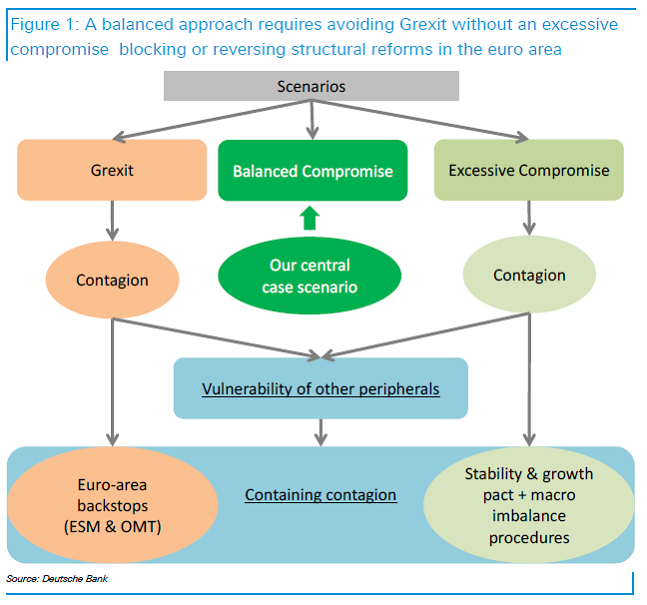Trading Difficulties
- Cut winning trades short even though you know your trade setup is solid.
- Failed to pull the trigger on a perfectly good trade because of fear of loss.
- Let losing trades run hoping for a return to breakeven.
- Added to a losing position in the hope that the market would turn around.
- Made profi ts in the morning but gave them back in the afternoon.
- Became more aggressive after losing money.
- Took unplanned trades when the market suddenly moved.
- Stopped trading or reduced position size after a loss.
- Traded greater position size than prudent money management practice would advise.
- Held trades longer than they should have been held looking for a “home run.”
- Failed to take a perfectly sound setup because the last two trades were losers.
- After a day of big profits, your confidence soared and your trading suffered.
- Consistently made small money but have been unable to elevate your trading performance.
These trading difficulties hurt. They not only hurt your account, but they also cause mental and emotional suffering. No other profession tests your psychology as does trading. These difficulties and unskilled trading behaviors arise from the underlying mental and emotional challenges traders face.


